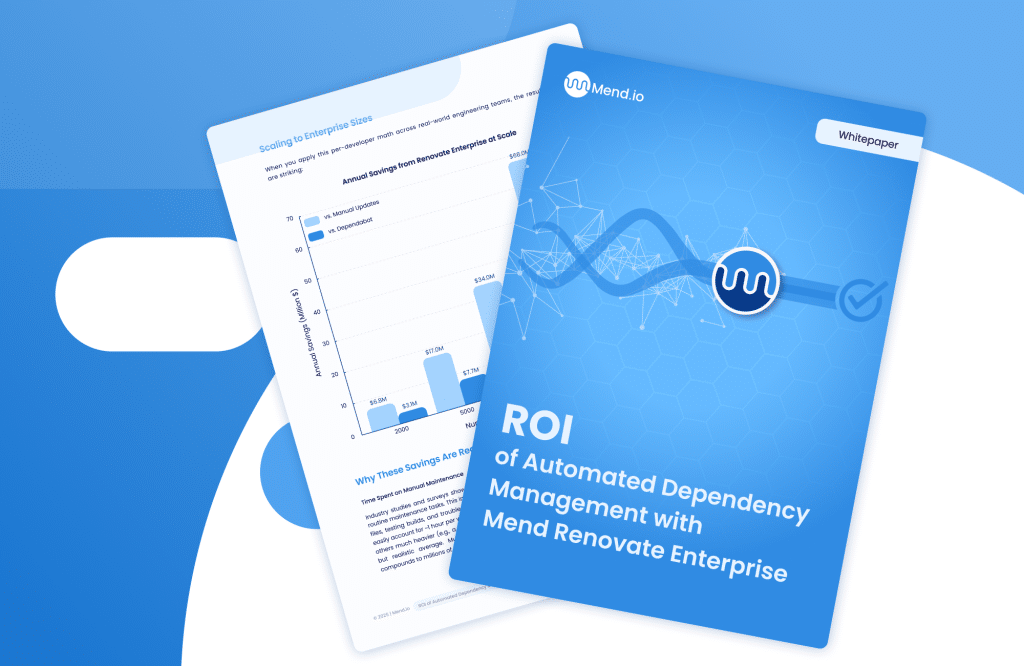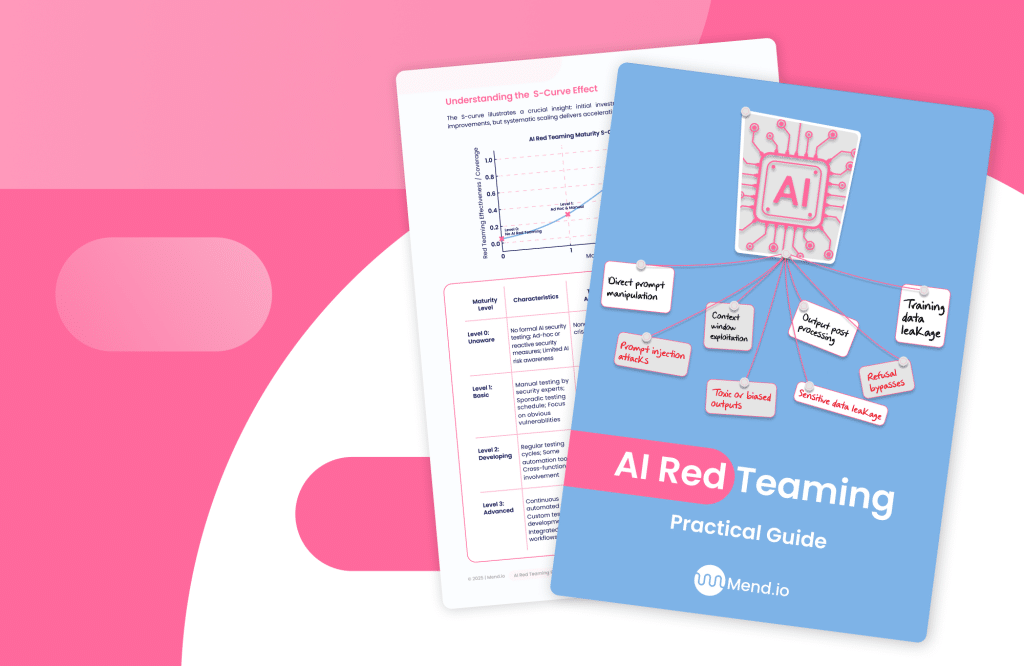CVE-2023-3817
July 31, 2023
Issue summary: Checking excessively long DH keys or parameters may be very slow.
Impact summary: Applications that use the functions DH_check(), DH_check_ex()
or EVP_PKEY_param_check() to check a DH key or DH parameters may experience long
delays. Where the key or parameters that are being checked have been obtained
from an untrusted source this may lead to a Denial of Service.
The function DH_check() performs various checks on DH parameters. After fixing
CVE-2023-3446 it was discovered that a large q parameter value can also trigger
an overly long computation during some of these checks. A correct q value,
if present, cannot be larger than the modulus p parameter, thus it is
unnecessary to perform these checks if q is larger than p.
An application that calls DH_check() and supplies a key or parameters obtained
from an untrusted source could be vulnerable to a Denial of Service attack.
The function DH_check() is itself called by a number of other OpenSSL functions.
An application calling any of those other functions may similarly be affected.
The other functions affected by this are DH_check_ex() and
EVP_PKEY_param_check().
Also vulnerable are the OpenSSL dhparam and pkeyparam command line applications
when using the "-check" option.
The OpenSSL SSL/TLS implementation is not affected by this issue.
The OpenSSL 3.0 and 3.1 FIPS providers are not affected by this issue.
Affected Packages
openssl (CONAN):
Affected version(s) >=3.0.5 <3.0.12Fix Suggestion:
Update to version 3.0.12openssl (CONAN):
Affected version(s) =1.1.1u <1.1.1wFix Suggestion:
Update to version 1.1.1wopenssl (CONAN):
Affected version(s) >=3.1.0 <3.1.3Fix Suggestion:
Update to version 3.1.3Related Resources (17)
Do you need more information?
Contact UsCVSS v4
Base Score:
6.9
Attack Vector
NETWORK
Attack Complexity
LOW
Attack Requirements
NONE
Privileges Required
NONE
User Interaction
NONE
Vulnerable System Confidentiality
NONE
Vulnerable System Integrity
NONE
Vulnerable System Availability
LOW
Subsequent System Confidentiality
NONE
Subsequent System Integrity
NONE
Subsequent System Availability
NONE
CVSS v3
Base Score:
5.3
Attack Vector
NETWORK
Attack Complexity
LOW
Privileges Required
NONE
User Interaction
NONE
Scope
UNCHANGED
Confidentiality
NONE
Integrity
NONE
Availability
LOW
EPSS
Base Score:
0.3



